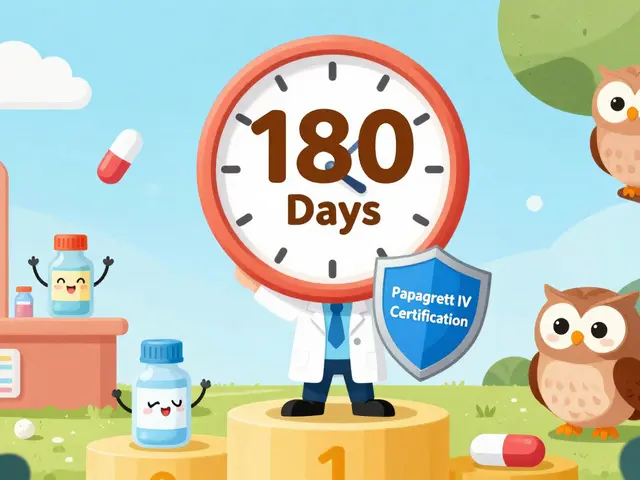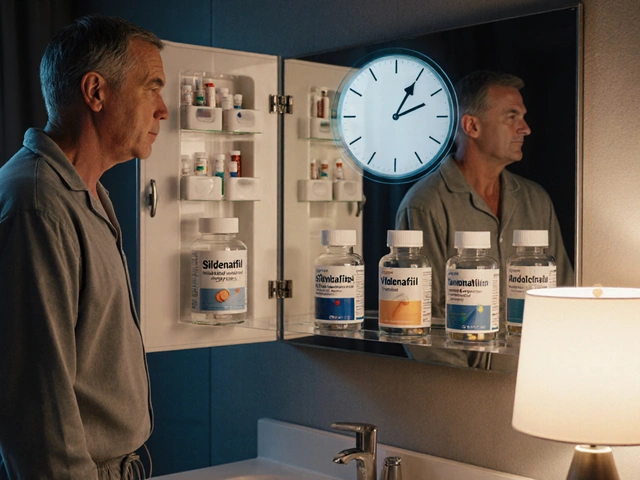Inflammatory Bowel Disease (IBD): Symptoms, Treatment, and What to Do
Tired of sudden belly pain, diarrhea, or feeling wiped out for days? Those are common signs of inflammatory bowel disease (IBD). IBD is a long-term condition that mainly includes Crohn’s disease and ulcerative colitis. Both cause inflammation in the digestive tract, but they act differently and need different approaches.
First, notice the pattern. IBD often gives you repeated flare-ups—periods of worse symptoms—and quiet stretches. Common warning signs are persistent diarrhea, bloody stools, stomach cramps, unexpected weight loss, and fatigue. If these sound familiar, see a doctor. Simple tests like blood work, stool tests, colonoscopy, and imaging usually confirm the diagnosis.
Treatment aims to calm inflammation, manage symptoms, and reduce complications. Mild cases often start with diet and basic meds. More active disease may need corticosteroids for short-term control, immunomodulators to lower immune response, or biologic drugs that target specific immune signals. Newer pills (small molecules) are another option for some patients. Your doctor picks a plan based on how severe your disease is and how you respond.
Quick practical tips for flares
When a flare hits, act fast. Reach out to your care team—early treatment stops many flares from getting worse. Try short-term diet adjustments: avoid high-fiber, spicy, or greasy foods if they trigger symptoms. Stay hydrated—diarrhea can cause fast fluid loss. Over-the-counter options like simple antidiarrheals or pain relief can help briefly, but don’t use them without checking with your clinician if you have a fever, severe pain, or bleeding.
Medication safety matters. Several of our articles cover how to buy meds and check online pharmacies safely. Never change or stop prescription meds without medical advice—doing so can cause a rebound flare. If infections, severe bleeding, or bowel obstruction happen, emergency care or surgery may be needed.
Daily habits that help
Small changes add up. Keep a symptom diary to spot triggers, eat smaller meals, and aim for regular low-impact exercise. Smoking makes Crohn’s worse, so quitting helps. Work with a dietitian familiar with IBD when possible—nutrition needs can change during flares and remission. Mental health counts too; stress and poor sleep can make symptoms feel worse, so ask for support if anxiety or depression show up.
Want more detail or practical how-tos? Below are related articles from Blueskydrugs.com that might help. They cover medications, buying safely online, and other conditions that often overlap with IBD care.
If you have questions about symptoms, tests, or medications, talk to your gastroenterologist or primary care doctor. Quick action and a clear plan make IBD much easier to live with.





